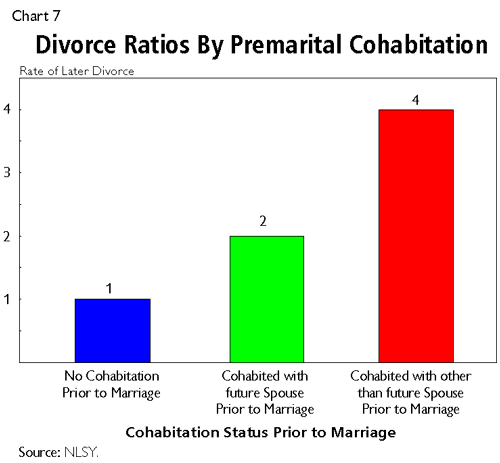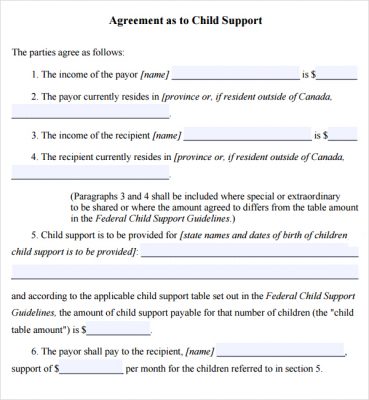What to do and what not to do in cohabitation?
WHAT TO DO
CONSIDER to make a covenant of cohabitation before moving in together. This can establish the basis on the financial rules and other agreements in the relationship, and can also prevent a lot of headaches if the relationship doesn’t work.
RETAIN the titles of ownership of any major purchase in the name of the person who has paid. If you bought a car and it was you who gave the down payment and made the monthly payments, the car must be only in your name. The jointpurchases, however, must be in the name of both.
SEPARATE the finances if you want to avoid disputes in the event that the relationship ends.
KEEP a record of your financial contributions to any property in the name of your partner.
TYPE “donation” or “loan” on the checks they make on behalf of your partner to avoid any possibility of being interpreted as child support payments (this can also arise after a rupture in an action for “alimony”).
REMEMBER that unmarried parents have the same obligations in terms of the livelihood of children that the married parents.
WHAT NOT TO DO
Do NOT mix your money when you open linked accounts, incur debts, or making joint purchases. This will prevent legal complications and the possibility of a claim for “alimony” in the event of separation.
Do NOT let your partner put only his name the title to major purchases if you both pay for the property; even when orally hold the car or the house they are both. The scriptures, or bills are more compelling evidence that the words of an oral promise.
Do NOT sign or guarantee the debts of your partner, unless you intend to be as responsible as she is out of your settlement, even in case they are separated.
Do NOT become so dependent on your partner that this will prevent you from maintaining itself in the future. While among the couples who divorced is no legal obligation to remain economically to each other (particularly if one left his career to take care of the children and the home), this does not apply to cohabiting couples. Keep your skills and contacts working, or consider making a written agreement that sets forth the obligation of your partner to keep it if the relationship ends.
Do NOT present themselves in public as husband and wife; do not let known as “Mr. and Mrs. so-and-so”; much less use the same surname, not even in a casual way. This will prevent legal complications in the case that your spouse sues for alimony and will also avoid that your relationship is considered a marriage in fact.
Cohabitation: How to get the help of an attorney
If you are living with your partner and/or thinking of getting married, a lawyer specializing in family law can help you with a fair representation of the parties in the process. Your attorney will work to obtain the best possible result. The first step is to find a lawyer specializing in family law in your area.









